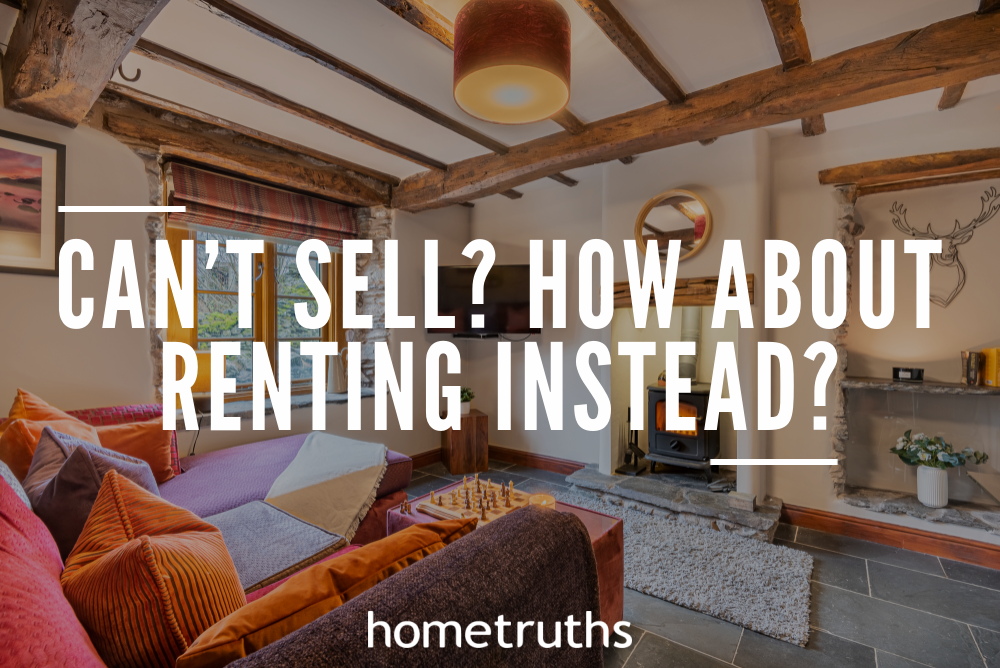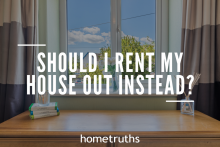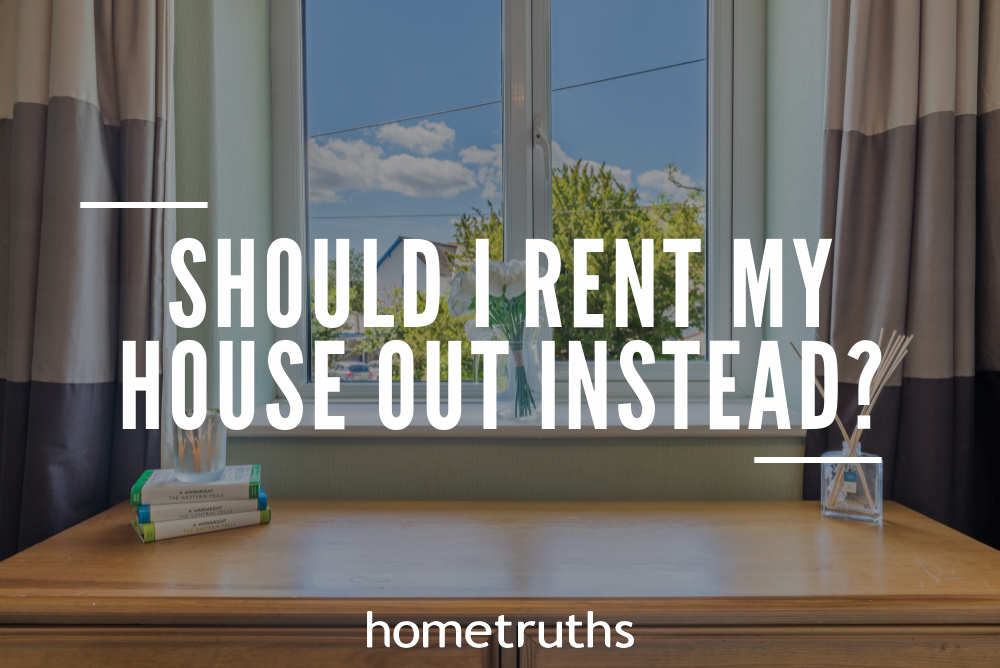 Today’s guest post is by Tom Wills of City Home, the buying and renting property specialists based in Leeds. When Tom isn’t writing about all things property related he enjoys renovating his own home: his first!
Today’s guest post is by Tom Wills of City Home, the buying and renting property specialists based in Leeds. When Tom isn’t writing about all things property related he enjoys renovating his own home: his first!
Although the housing market is slowly improving, in many places, it’s still a fragile state of affairs. Those who are looking to sell might still find it isn’t as easy to find a buyer as they had hoped.
Renting a property can be a sound financial investment. If it’s possible and you can afford a new place without having to sell, then renting is great for supplementing your income, alongside having other inherent advantages. Such as:
Income – this is one of the main reasons that people get into the property renting market. As a long-term investment, property has always been a good field to get into. Over time, you can really begin to see the advantages. For example, increasing the rental price (competitively of course) means you can continue to pay for the mortgage, whilst potentially being able to make a small profit.
Capital growth – if you’ve had your mortgage for some time (say a few years), then more payments can be applied to the principal amount, allowing your overall amount to be paid back quickly. You might find that you could end up owning your property outright faster than you originally planned.
Tax benefits – as a landlord, you are eligible for several tax deductions. Things like repairs, interest, expenses, and depreciation of items used for the property can theoretically fall under deductible tax.
Of course, there are several factors that must also be taken into consideration:
Empty Property – if for some reason the property is unoccupied, say due to having to evict problem tenants, you may find yourself paying mortgage on an empty property.
Maintenance – as the owner, you are responsible for ensuring the property is liveable. This means regular maintenance and upkeep. Repairs might have to be made from time to time, adding to your outgoings.
Problem Tenants – you might find there are issues with tenants. They may start to refuse paying rent or cause avoidable damage to your property. Unpaid rent, fees and repair costs will of course have an adverse effect on your income and perhaps even the value of the property. This disadvantage can be avoided however with a proper and in-depth screening process when it comes to choosing your tenants.
If you feel that the advantages outweigh the negatives then renting out your property might be just right for you.
Visit the City Home website here: https://www.cityhome.co.uk/
If you’d like my help to sell your home more effectively, please answer a few short questions here and if I think I can help you, I’ll be in touch.





